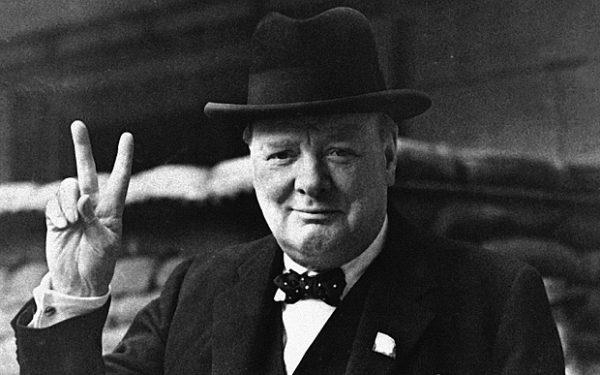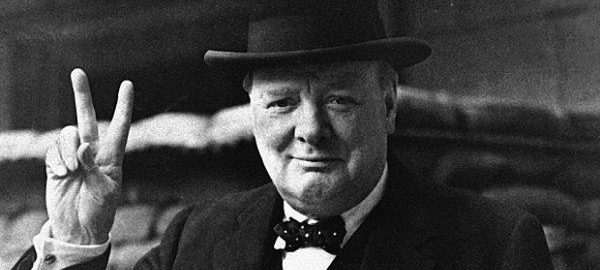— September 25, 2018
Add failure to Product Management, the same way it is built into Sales
Failure is built into sales. The sales person reaches out to ten prospective customers, three of them come back to her with some sort of answer, two actually engage in a meaningful discussion and one prospect eventually turn into a customer and signs the deal. So all in all, for nine prospects, the sale process failed.
Building a product is usually not a single event that can be tagged as ‘success’ or ‘failure,’ but a process with many steps, similar to a sales cycle. During this process, we should add many checkpoints that we can learn from; Not just from the ‘successes’ of it but even more from the ‘failures.’
Another way to look I like to look at it is the difference between the regular season and the playoffs. The regular season is all about the numbers and the calculated failures, while in the playoffs every game counts, it is all about winning what you have right now in front of you or be out the door.
Well, not everything is the playoffs…
How can we take a little bit of that calculated risk, “failure-for-focus” into our Product Management work?
Probably by using MVP, Agile, AB-Testing, and other short-cycle, “testing the waters” methodologies.
The Person is the center, not the Process nor the Product
Selling is all about creating a personal connection between the seller and buyer. One buys from someone they trust, and one can sell once they understand buyers motivation. It is a person-to-person interaction.
In Sales, it is very clear that there is a person on the other side of the computer, phone or table. In Product Management, it is easier to forget that. It is sometimes easier to see the product or the technology rather than the people who use it.
When creating and designing products, we must have the user in mind. Someone is going to use that product, and we should try and put ourselves into his or her shows the best we can.
In both cases, Sales and Product Management, the people on the other side and their thoughts are extremely important and the key to being successful.
Similarly to sales reps constantly reflecting about their engagement, the correspondence with the buyer and a lot of what was going on in his or her mind during that process, Product Managers should do for their users, before, during and after the product development process.
It must be an innate part of our work, getting into the head of the users.
In Product Management, like in Sales, Focus on Values, Not Features
A good sales rep is trying to sell the value that the product brings to the world, not just the list of its feature. Why is that? Because a value is something a human can relate to, and we already agreed that in sales the person is in the center.
So the sales rep will start from the values, and it will be his or her anchor along the process. Is it always the anchor for the Product Manager?
A good product is there for one that creates value for its users, and the Product Manager’s job is to materialize that.
Every product and feature in our roadmap or plan should have and be part of a clear “what is the value that this brings to the customer” statement. An anchor.
It is that anchor that the salespeople will have to use later on.

V for Values
Business & Finance Articles on Business 2 Community
(59)
Report Post




